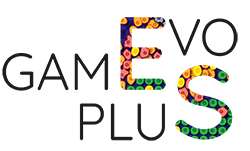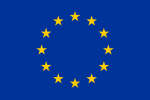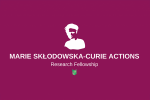by Christo Morison
In December, almost the entirety of the EvoGamesPlus consortium met in Prague for a conference at Villa Lanna, a beautiful villa belonging to the Czech Academy of Sciences. Perched atop a hill in Prague 6, its fresco-decorated interior housed ornate sofas, tucked into many different rooms, perfect for meetings and mingling. The food was delicious, the setting was spectacular, and the weather was chilly.
While I could recap the events of the week — from an “alternative city tour”, focussed on street art and architecture and their interplay with Prague’s colourful history, to talks both from the Early Stage Researchers, sharing our experiences and research outputs from the past 3+ years, and invited speakers, to a conference dinner that included a small graduation ceremony of sorts, with diplomas for having participated in the doctoral network, and more — instead I hope to highlight some of the emotions that arose during the week.
Three (and a half) years isn’t very long, from one perspective. At three years old, I could barely walk. From another, it is extremely long: when I think back to the work I was doing at the start of my PhD, the questions I was asking, the things I was fearful of, it seems like forever ago. Seeing my cohort-mates present at our Open End Conference (aptly named, because while the EvoGamesPlus grant might be ending, it was clear that there were many open-ended questions hanging in the air of Apollo Room of Villa Lanna) evoked that precious, human feeling of “so much time has passed since we first met”. It isn’t an exaggeration to say that our talks were emotional: we reminisced about favourite memories from our meetings over the years, we announced where life was taking us next, and without fail we expressed gratitude for what the consortium had brought us.
In the beginning, I wasn’t sure what role this Marie Skłodowska-Curie network would play in my PhD years. It began on the tail end of the pandemic, many of us accepting jobs abroad while cooped up in our home countries, hoping for an escape from the confinement and isolation imposed by COVID-19. Our first winter school was held online, replete with awkward introductions about the trajectories that had brought us to EvoGamesPlus and Zoom classes about the basics of evolutionary game theory. By then, it still hadn’t registered how important this group of individuals would be in my life — and that was despite me being fortunate to have two other ESRs with me in London.
Once we met in person, in the spring of 2022 in Delft, that we would become friends became clear. Many presentations at the conference in Prague looked back at that first spring school as a significant milestone for this exact reason: the abstract idea of other students going through similar journeys, with secondments shipping them to new countries nearly every year and interests in the mathematics of evolution, condensed into very real people: our fellow fellows. I still remember our lightning talks from that meeting: plenty of shy, apologetic “well, I’m in my first year, so I don’t have many results to share yet…”
Which made our progression all the more tangible, when this time around we had more to share than minutes allotted. Some celebrated their accomplishments by announcing where their work was being published, while others shared photos of favourite social events from our past get-togethers. Several times during the presentations we turned around in our seats to catch the eye of someone else as if to exclaim, “do you remember, too?!” Once, while doing exactly that, I noticed that the supervisors, too, were moved by what they were seeing. In a conversation after the fact with some of my mentors, they told me that our development was really something to be proud of, and that to witness us becoming independent scientists was an utter pleasure. I really think the ESRs felt this, too.
While it is a bit strange to know that there may never be another room that collects all of us, the conference evolved in a hopeful, future-facing fashion. We spoke of future collaborations. Promises of research visits were made. New connections were forged. And, now that the ends of our PhDs are in sight (and congratulations to those who have already reached this end goal), it truly felt like we had been initiated into the world of academics, that we were treated as experts with knowledge and skills to contribute to forthcoming projects. Though the near-unanimous answer to the “so, what comes next?” question was “I’m not sure”, I am certain that our experiences and relationships from the past few years will help us in whatever is to come. And for that I am incredibly grateful to the people involved in EvoGamesPlus, and to the European Union’s Horizon 2020 research and innovation programme, grant number 955708.



